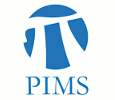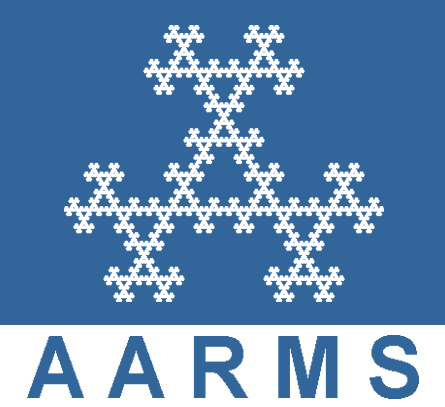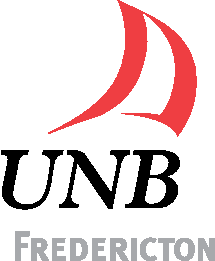2018 CMS Summer Meeting
Fredericton, June 1 - 4, 2018
Active Learning in Undergraduate Mathematics Classrooms
Org: Caroline Cochran (Acadia), Danielle Cox (Mount St. Vincent) and Patrick Reynolds (University of New Brunswick)
[PDF]
Org: Caroline Cochran (Acadia), Danielle Cox (Mount St. Vincent) and Patrick Reynolds (University of New Brunswick)
[PDF]
- MARZIEH BAYEH, Dalhousie University
Problem Solving: A Great Success at Dalhousie [PDF]
-
In the Department of Mathematics at Dalhousie University an idea of running a Math Club for (junior) high-school students together with the idea of having a preparation program for undergraduate students who are interested in participating in mathematical competitions, led us to have a class with significant active learning.
In this talk I will discuss the idea behind the problem solving course at Dalhousie. We believe that this idea can be considered to more deeply engage undergraduate students in the learning process in mathematics.
- CARMEN BRUNI, University of Waterloo
Online Adventures: Engaging Those You Cannot See [PDF]
-
Online resources have recent seen an explosion in both the number of such resources and their use by our students. I will discuss some of the resources that I have worked on in the past including the Math Exam Resources wiki currently housed on servers at The University of British Columbia as well as my own spinoff projects created during my time at the University of Waterloo. In particular, I will explore how I have made these online resources more engaging and possible next steps for online education.
- DANNY DYER, Memorial University of Newfoundland
Active Learning - with proof and without [PDF]
-
In this talk I will discuss several attempts I've made to incorporate active learning into first year calculus courses, as well as to higher level courses in discrete mathematics where the emphasis is on rigorous proof. Even in these senior courses, active learning can be used to motivate problems and to spur intuition.
- SHANNON EZZAT, University of Winnipeg
Cognition of Counterexample in First Year University Mathematics Students [PDF]
-
In this talk I will describe a study in its initial stages conducted at both the University of Winnipeg (MB) and Cape Breton University (NS) that investigates relationships between logical skill preparations and positive student outcomes in two first year university mathematics courses, a first year calculus course and a mathematics course for future elementary school teachers.
In joint work with S. Rodney (CBU) this initial study considers the potential of a brief treatment of logical implication and counterexample to improve comprehension and performance among students enrolled in a first year university mathematics course. Using a pretest-intervention-posttest experimental design, student data was collected via interview and written assessment. An analysis of this data explores how logical reasoning skills affect course outcomes and mathematics anxiety.
- JOHN GRANT MCLOUGHLIN, University of New Brunswick
What does Active Learning really mean? [PDF]
-
What does active learning mean in terms of mathematics teaching and learning? Consideration of the research and writing in the literature will figure in an attempt to address this question. Further, an effort will be made to interpret and overlay some of these ideas with my own experiences in teaching mathematics, particularly at the undergraduate level.
- REBECCA MCKAY, University of New Brunswick, Saint John
Resistance to Active Learning [PDF]
-
People new to active learning strategies and activities are often skeptical and resistant—and not only students! In this talk, I will discuss what the literature says about resistance to active learning from both perspectives: student and teacher, as well as provide examples from my own experience in undergraduate mathematics courses.
- COSTANZA PICCOLO, University of British Columbia
Teach your students to ask "Why?" [PDF]
-
How many times have you observed your students rely on memorization without deep understanding? In this talk, I will present some results of an earlier study on students’ understanding of related rates where I collected evidence that students approach both computations and problem solving in the same procedural way, displaying some sort of fixation on procedures and symbol manipulation without understanding under what conditions those procedures apply. I will then present a simple instructional approach for a first-year calculus class that aims at breaking this fixation by combining active learning with opportunities for self-generated explanations to help students monitor their understanding.
- KELDA SMITH, Halifax Grammar School
Activating Thought in a Secondary Math Class [PDF]
-
The intention is to describe the development and implementation of a problem-based active learning curriculum in a Grade Nine math class at a small private school in Halifax. Issues encountered and addressed are discussed, as are the effects on student engagement and learning.





